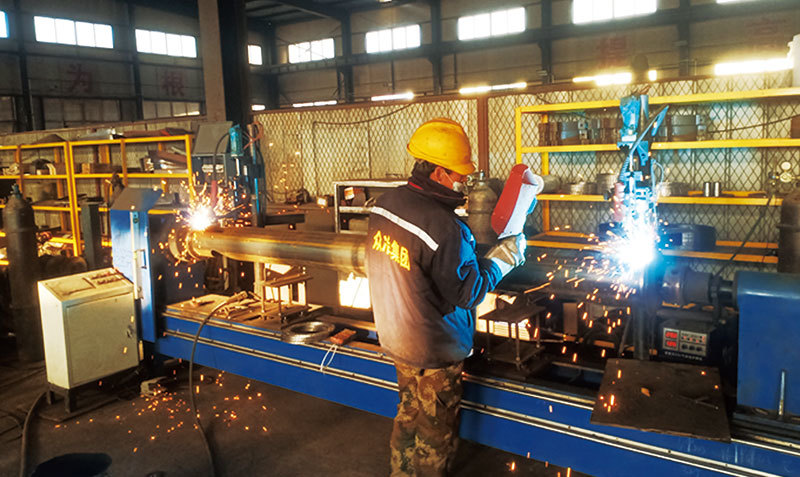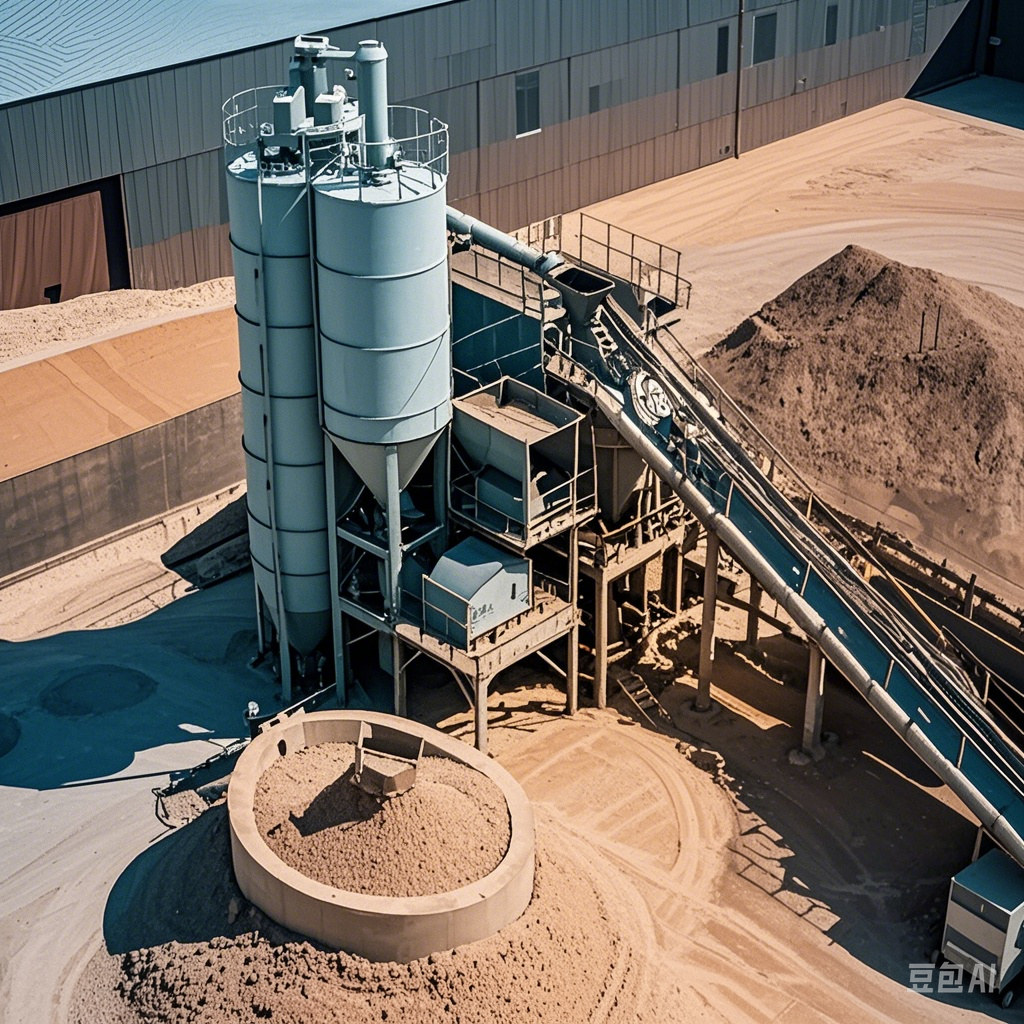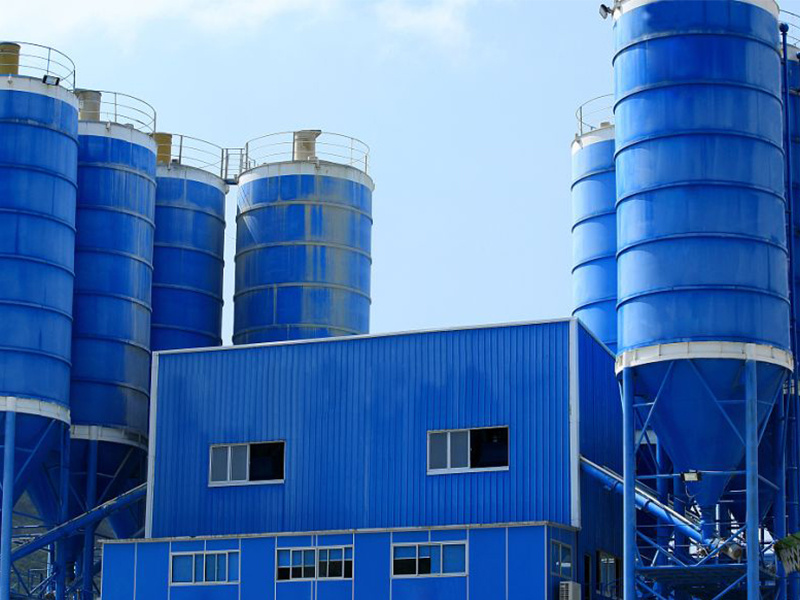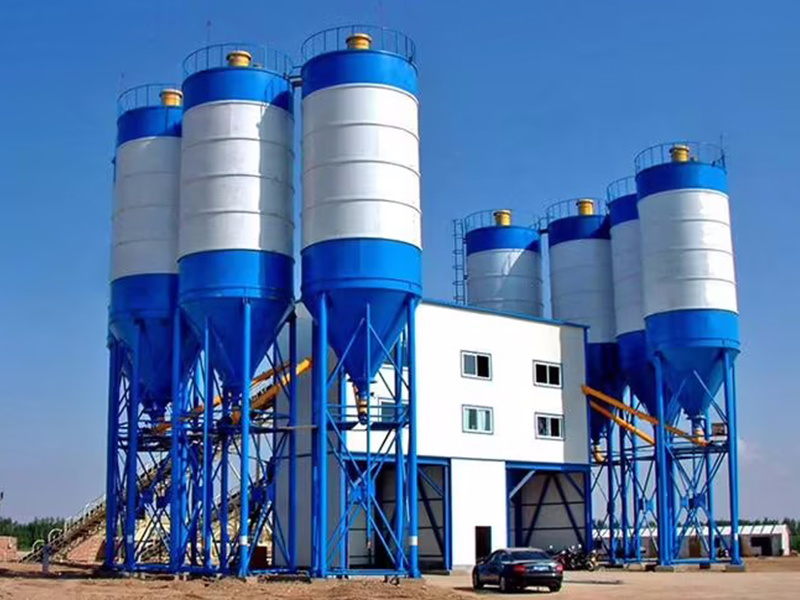07
2025
-
02
9 factors that lead to metering errors in concrete mixing plants
**9 Factors That Lead to Metering Errors in Concrete Mixing Plants**
Concrete mixing plants are crucial for producing high-quality concrete for various construction projects. However, metering errors can significantly affect the quality of the concrete, leading to structural failures and increased costs. Understanding the factors that contribute to these errors is essential for ensuring accurate measurements and maintaining the integrity of the final product. This article discusses nine key factors that lead to metering errors in concrete mixing plants.
**1. Calibration Issues**
One of the primary reasons for metering errors is improper calibration of the measuring equipment. Regular calibration is necessary to ensure that scales, flow meters, and other measuring devices provide accurate readings. If calibration is neglected, even minor discrepancies can accumulate over time, resulting in significant inaccuracies in the final mix. Regular checks and recalibration of equipment can help mitigate this issue.
**2. Equipment Malfunction**
Mechanical failures or malfunctions in metering equipment can lead to erroneous measurements. For instance, a malfunctioning scale may provide incorrect weight readings, while a defective flow meter may misrepresent the volume of materials being mixed. Regular maintenance and timely repairs are essential to keep all equipment in optimal working condition. Implementing a preventive maintenance schedule can help identify potential issues before they lead to significant errors.
**3. Material Variability**
The variability in raw materials can also contribute to metering errors. Different batches of cement, aggregates, or additives may have varying properties, affecting their weight or volume. For example, moisture content in aggregates can lead to discrepancies in weight measurements. To minimize this issue, concrete mixing plants should implement quality control measures, such as testing raw materials before use and adjusting metering processes accordingly.
**4. Operator Error**
Human error is another significant factor in metering inaccuracies. Operators may misread scales, incorrectly input data into control systems, or fail to follow standard operating procedures. Training and continuous education for operators can help reduce these errors. Implementing automated systems can also minimize human intervention, thereby reducing the likelihood of mistakes during the metering process.
**5. Environmental Conditions**
Environmental factors such as temperature and humidity can impact the properties of materials and the accuracy of measurements. For instance, high humidity can increase the moisture content of aggregates, leading to heavier weights than expected. Similarly, extreme temperatures can affect the viscosity of certain additives. Concrete mixing plants should be equipped to monitor environmental conditions and adjust metering processes accordingly to ensure accuracy.
**6. Inadequate Mixing Time**
Insufficient mixing time can result in an uneven distribution of materials, leading to variations in the final product. If the mixing process is not adequately controlled, some components may not be properly combined, affecting the overall quality of the concrete. Establishing standard mixing times based on the type of concrete being produced can help ensure that all ingredients are thoroughly mixed, reducing the likelihood of errors.
**7. Improper Storage of Materials**
The way raw materials are stored can also influence metering accuracy. For example, if aggregates are stored in a manner that allows for contamination or segregation, the resulting mix may not meet specifications. Additionally, improper storage can lead to moisture absorption, affecting weight measurements. Implementing proper storage protocols and regularly inspecting storage facilities can help maintain the quality of materials and minimize metering errors.
**8. Software and Control System Limitations**
Modern concrete mixing plants often rely on computerized control systems for metering and mixing processes. However, software glitches or limitations can lead to inaccuracies. For example, if the software fails to account for changes in material properties or environmental conditions, it may provide incorrect metering instructions. Regular software updates, thorough testing of control systems, and the use of reliable software solutions can help reduce these risks.
**9. Lack of Standard Operating Procedures**
Finally, the absence of well-defined standard operating procedures (SOPs) can lead to inconsistencies in the metering process. Without clear guidelines, operators may use different methods or techniques, resulting in variations in measurements. Developing and enforcing comprehensive SOPs for all aspects of the concrete mixing process can help standardize practices and improve overall accuracy.
**Conclusion**
Metering errors in concrete mixing plants can have serious consequences, including compromised structural integrity and increased project costs. By understanding and addressing the factors that contribute to these errors, plant operators can implement strategies to improve accuracy and maintain high-quality concrete production. Regular calibration, equipment maintenance, operator training, and the establishment of standard operating procedures are just a few ways to mitigate the risk of metering errors. Ultimately, investing in these areas will lead to better outcomes for construction projects and a more efficient concrete mixing operation.
Concrete Mixing Plant,Measurement error
Related News
Yantai Zhongye Leading Green Building Materials Development and Setting the Benchmark for High-Quality Concrete Mixing
Jan 23,2025
Vertical shaft mixer, concrete mixing station
Vertical shaft mixer has been more and more widely used in concrete mixing stations
Jul 30,2024
Concrete mixers and concrete batching machines are two kinds of machinery and equipment commonly used in the construction industry.
Jul 30,2024
YANTAI ZHONGYE EQUIPMENT AND MACHINARY CO.,LTD
WA:+86 19853565591
E-mail: barry@ytzymm.com
No.2 Guangdong Road, Haiyang Industry Park, Yantai City, Shandong Province






